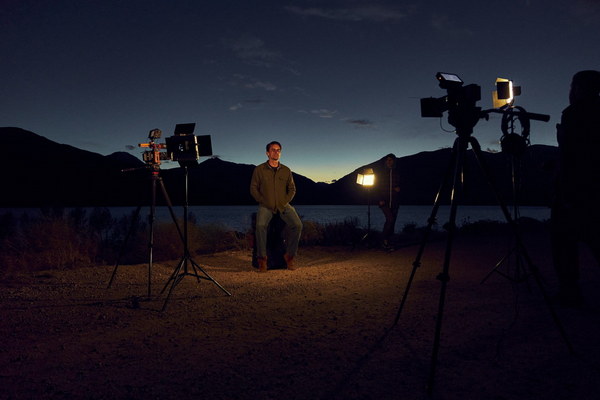The Economic Impact of Health and Leisure Travel Expenditure
Introduction:
In recent years, health and leisure travel has gained immense popularity as people seek to enhance their well-being and enjoy their leisure time. This article explores the economic impact of health and leisure travel expenditure, highlighting its significance in the tourism industry and the broader economy.
1. The rise of health and leisure travel
Health and leisure travel refers to the travel and tourism activities that prioritize the well-being and relaxation of individuals. This includes wellness retreats, spa holidays, sports tourism, eco-tourism, and adventure tourism. The demand for these travel experiences has been growing steadily, driven by an increasing awareness of the importance of health and well-being.
2. The economic impact of health and leisure travel expenditure
The economic impact of health and leisure travel expenditure can be seen in various aspects:
a. Job creation
The health and leisure travel industry generates numerous jobs, from hospitality and tourism professionals to wellness experts and guides. According to the World Travel & Tourism Council, the industry employs approximately 294 million people worldwide, representing 10.3% of the global workforce.
b. Revenue generation
Health and leisure travel generates significant revenue for destinations. In 2019, the global health and wellness tourism market was valued at $1.5 trillion, with an estimated growth rate of 8.5% per year. This revenue is used to invest in infrastructure, services, and local economies.
c. Government revenue
Health and leisure travel contributes to government revenue through taxes and fees. In addition, the industry attracts foreign investment, leading to increased foreign exchange earnings for countries.

d. Sustainable development
Health and leisure travel promotes sustainable development by encouraging responsible tourism practices. This includes promoting eco-friendly accommodations, supporting local communities, and minimizing the environmental impact of tourism activities.
3. Case study: Wellness tourism in Bali, Indonesia
Bali has become a popular destination for wellness tourism, with numerous wellness retreats, spas, and eco-friendly accommodations. The economic impact of wellness tourism in Bali is significant:
a. Job creation
Wellness tourism has created thousands of jobs in Bali, from spa therapists to yoga instructors. These jobs provide income and employment opportunities for local communities.
b. Revenue generation
In 2018, Bali received approximately 5.7 million international tourists, generating an estimated $1.1 billion in revenue from wellness tourism alone. This revenue has been used to support local businesses, infrastructure, and community development projects.
c. Government revenue
The government of Bali has benefited from increased tax revenue generated by wellness tourism. This revenue has been used to improve public services, education, and healthcare.
4. Challenges and opportunities
Despite the economic benefits of health and leisure travel, the industry faces several challenges:
a. Seasonality
Health and leisure travel can be seasonal, leading to fluctuations in demand and revenue.
b. Environmental impact
The industry must address its environmental impact, ensuring sustainable practices to minimize negative effects on ecosystems and local communities.
c. Competition
The health and leisure travel industry is highly competitive, with new destinations and experiences constantly emerging.
However, these challenges also present opportunities for innovation and growth. By focusing on sustainability, unique experiences, and quality services, the health and leisure travel industry can continue to contribute significantly to the global economy.
Conclusion:
Health and leisure travel expenditure has a substantial economic impact, creating jobs, generating revenue, and contributing to sustainable development. As the industry continues to grow, it is essential for destinations to prioritize sustainability, innovation, and quality to ensure long-term success. By doing so, health and leisure travel can continue to play a vital role in the global economy and the well-being of individuals.





![Discover the Tranquil Haven of Zhizufang Foot Bath and Health Center at Their Headquarters in [City], [Province]](http://img.bluepurple.cn/a/养生/430/Discover-the-Tranquil-Haven-of-Zhizufang-Foot-Bath-and-Health-Center-at-Their-Headquarters-in-City-Province.jpg)



